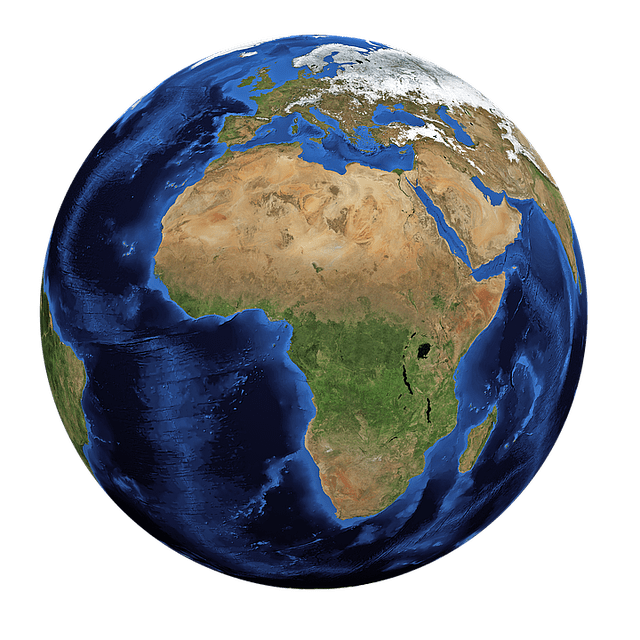Coronavirus deaths in Africa: why the numbers don’t add up
At the time of writing, Africa has one million confirmed coronavirus cases and 25,000 confirmed deaths. With a population of 1.3 billion, how is the death rate so low? Has the continent successfully contained the virus, or is this a case of severe under-reporting?
Immunologists estimate that in Kenya alone, 1.6 million people aged 15-64 have been infected already
Surveys have shown that SARS-CoV-2 antibodies are present in high numbers in multiple African countries such as Malawi, Kenya, and Mozambique, suggesting that the number of people who have been infected is much higher than official statistics.
With South Africa performing over twice as many tests as any other country in the continent and having over half the total number of confirmed cases, it’s clear that testing has been limited in most places. Immunologists estimate that in Kenya alone, 1.6 million people aged 15-64 have been infected already.
A lack of testing and under-reporting might explain the lower reported covid-19 cases in Africa. It does not explain why average mortality rates have not increased across the continent. In South Africa mortality has risen yet countries like Kenya have not seen any significant increase in deaths. The discrepancy is a clue that other factors might be involved.
average mortality rates have not increased across the continent
The World Health Organisation (WHO) says that the pandemic is likely being driven by young people who may not even know they have the virus, since they are more likely to be asymptomatic. As the world’s youngest continent by median age, the youthfulness of the population may reduce the likelihood of severe symptoms. This is one possible explanation for the lower death rate.
Meanwhile, some scientists such as Kondwani Jambo of the Malawi–Liverpool Wellcome Trust Clinical Research Programme are exploring whether Africans have had more exposure to other, less severe human coronaviruses like the common cold, or whether regular exposure to infectious diseases such as malaria may help the immune response when confronted with new pathogens such as SARS-CoV-2.
Although strict lockdowns may be difficult, relying on herd immunity can be dangerous
So, what does this mean? If many people have been infected already, it is tempting to suggest herd immunity as a viable option, since it would mean the population gains immunity, and the economy and long-term public health of countries would not be impacted by lockdowns. But there are a lot of factors to consider.
Across the continent, different preventative measures have been put in place, from travel restrictions to school closures. The WHO have helped set up COVID-19 testing laboratories, and some countries have experience with other outbreaks like Ebola which, according to experts, was helpful in preparing for the pandemic.
Matshidiso Moeti, the African regional director of the WHO, has expressed concerns that hand-washing and social distancing is difficult to maintain in some places, which can accelerate the spread of the virus. The frequency of infectious diseases such as malaria, AIDS, tuberculosis, and cholera mean that health services are already under pressure, and the pandemic has only made this worse. AIDS-related illnesses alone caused 500,000 deaths in Africa in 2018; the WHO and Unicef predict that if antiretroviral treatments are disrupted for six months then the number of deaths could double this year. In terms of vaccination programmes, many countries such as DR Congo are already struggling with decreasing vaccination rates, and Unicef say that the effects of coronavirus mean that two years’ worth of immunisation progress could be erased. Thus, responses to the pandemic must be managed carefully so that restricted access to medical treatments does not lead to a resurgence in diseases.
Although strict lockdowns may be difficult, relying on herd immunity can be dangerous. More research needs to be done to see if antibodies are an accurate indicator of immunity, and how long immunity lasts. Regardless of whether it is youthfulness, exposure, or immunity keeping death rates in Africa relatively lower, the worldwide goal should remain to find and distribute a successful vaccine. Moeti says Africa must “test, trace, isolate, and treat” to contain the coronavirus.

Comments